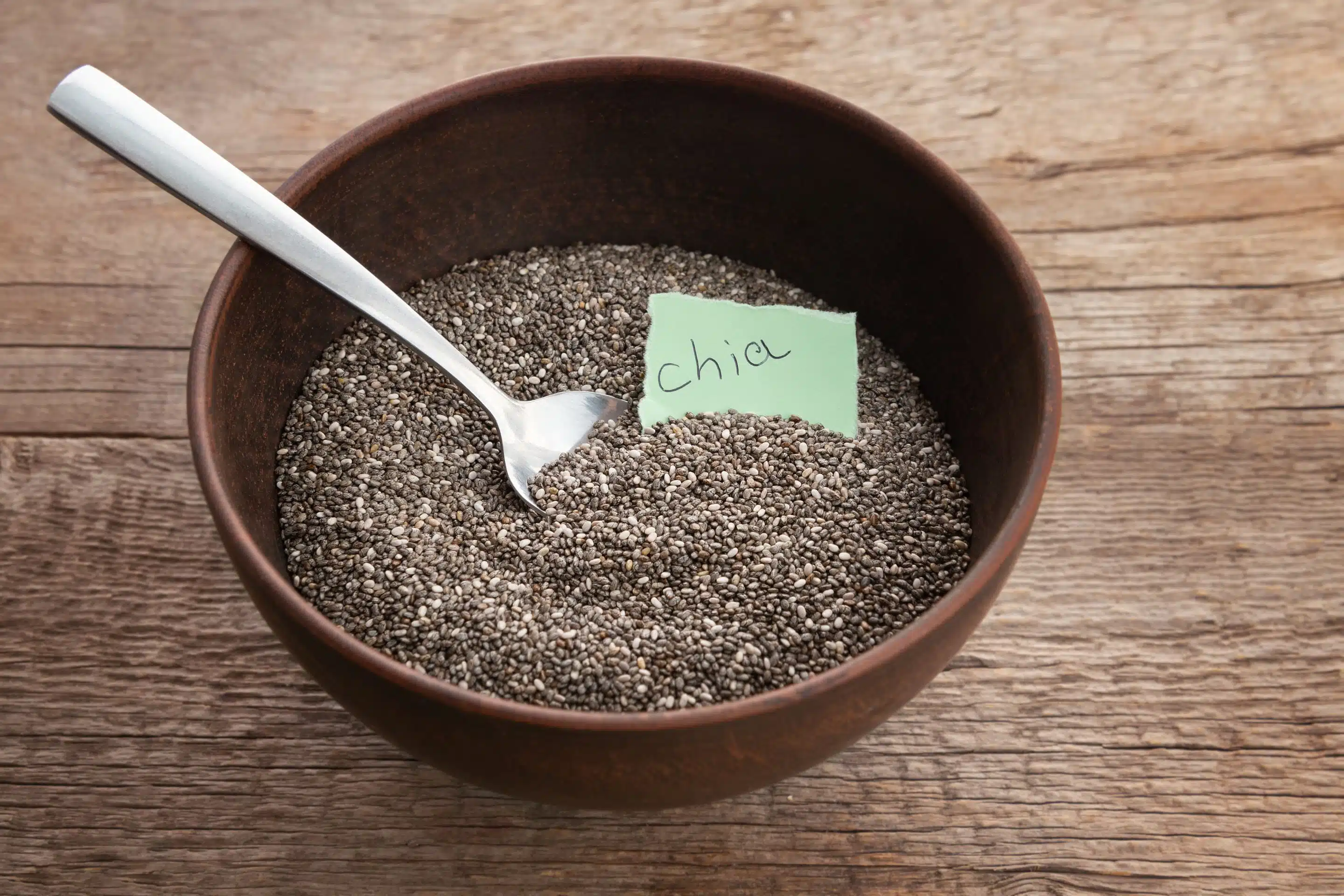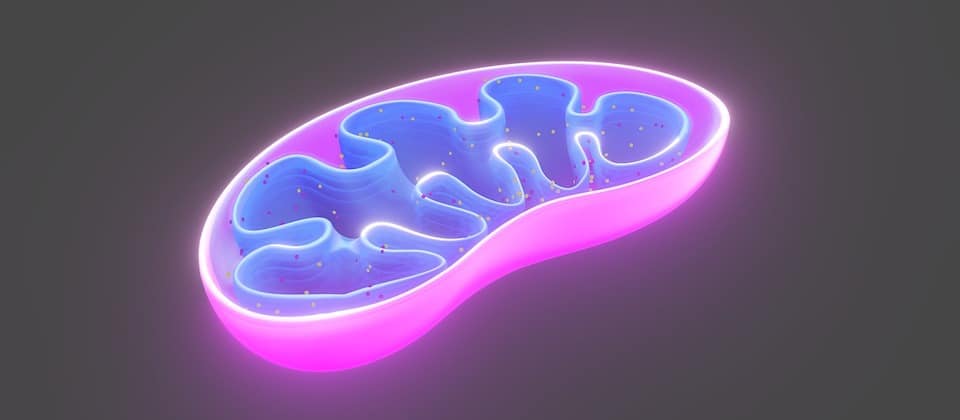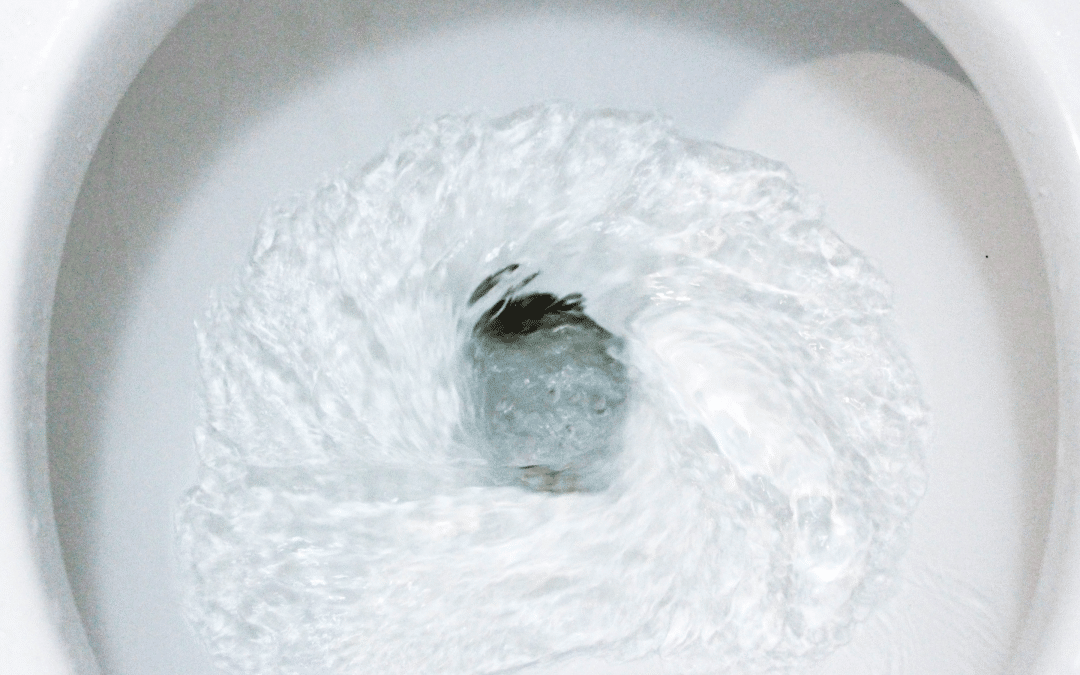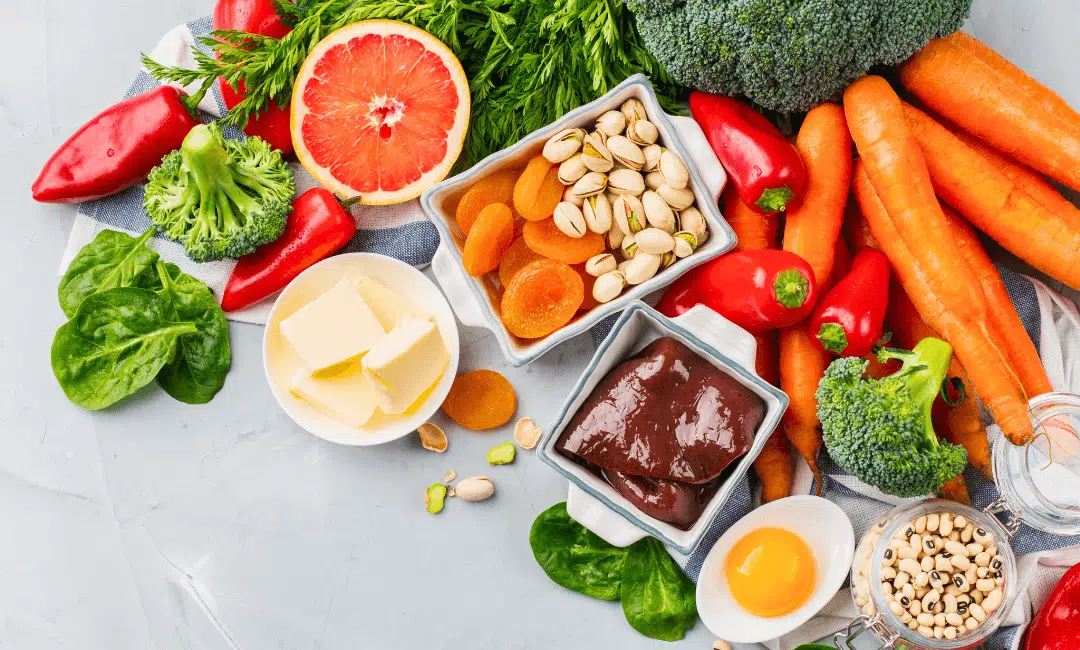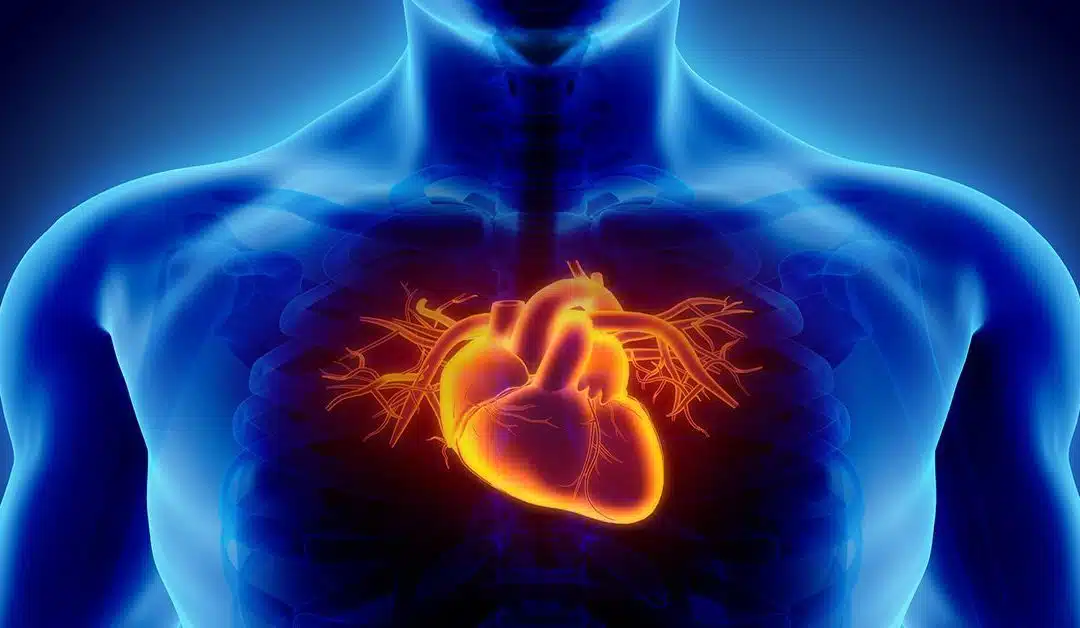In the realm of superfoods, chia seeds have increasingly been under the spotlight, not just for their nutritional richness but for their potential digestive benefits. The question that piques the curiosity of many health enthusiasts is: “Are chia seeds good for gut health?” Delve into this article as we unravel the scientific insights behind this tiny powerhouse and its influence on our digestive well-being.
Origins and Historical Importance of Chia Seeds
Chia seeds originate from the plant Salvia hispanica L. Once a predominant food crop in Mexico and Guatemala, their cultivation traces back to as early as 3500 BC. Rich in omega-3 fatty acids, they’re also unique for containing all nine essential amino acids the body can’t produce on its own [1]. The Aztecs recognized their nutritional prowess, integrating chia seeds into religious ceremonies, and even accepting them as a currency.
Key Benefits of Chia Seeds for Gut Health
While comprehensive research is ongoing, preliminary findings suggest chia seeds might play a vital role in promoting gut health. Here are some potential benefits:
- Improving Intestinal Tissue Health: Their fiber content makes chia seeds particularly beneficial for those with leaky gut syndrome or IBS. Once consumed, they form a gel-like substance in the gut, aiding in soothing and repairing the intestinal lining.
- Boosting Beneficial Gut Bacteria: The high fiber content in chia seeds serves as a prebiotic, fostering the production and sustenance of good bacteria crucial for a functional digestive system [2].
- Regulating Dietary Component Absorption: When chia seeds are soaked in water, they form a sticky, gel-like consistency that can detoxify the intestines. A 2020 study found they might also reduce cholesterol and sugar absorption from food [3].
- Alleviating Constipation: As a rich source of dietary fiber, chia seeds can enhance bowel regularity and alleviate constipation. This is particularly beneficial for those with irritable bowel syndrome C (IBS-C) [4, 5].
Incorporating Chia Seeds into Your Diet
Chia seeds are not just versatile but are also largely safe for consumption with minimal reported side effects [6]. Here are some creative ways to include them in your diet:
- Sprinkle them on yogurt.
- Blend them into smoothies.
- Incorporate them into dressings.
- Use as an egg substitute: Combine 1 tablespoon of whole chia seeds or 2 teaspoons ground chia seeds with 3 tablespoons water. Let it rest for around 5 minutes until it resembles a raw scrambled egg’s consistency, then use in baking recipes.
Final Thoughts
Chia seeds showcase promising potential in fostering digestive well-being, from bolstering intestinal health and beneficial gut bacteria to possibly reducing certain food absorptions and relieving constipation. While fiber’s positive impacts on gut health are well-established, more specific research is needed to confirm the full range of chia seeds’ digestive benefits.
Sources
[1] Suri, S., Passi, J. S., Goyat, J. Chia Seed (Salvia Hispanica L.) – A New Age Functional Food. 4th International Conference on Recent Innovations in Science Engineering and Management. March 20, 2016.
[2] Carlson, J. L., Erickson, J. M., Lloyd, B. B., & Slavin, J. L. (2018). Health Effects and Sources of Prebiotic Dietary Fiber. Current developments in nutrition, 2(3), nzy005. https://doi.org/10.1093/cdn/nzy005
[3] Tamargo A., Martin D., Navarro Del Hierro J., Moreno-Arribas M.V., Muñoz L.A. (2020). Intake of soluble fibre from chia seed reduces bioaccessibility of lipids, cholesterol and glucose in the dynamic gastrointestinal model simgi. Food Res Int. 137:109364. https://doi:10.1016/j.foodres.2020.109364
[4] Barber, T. M., Kabisch, S., Pfeiffer, A. F. H., & Weickert, M. O. (2020). The Health Benefits of Dietary Fibre. Nutrients, 12(10), 3209. https://doi.org/10.3390/nu12103209
[5] Khalid, W., Arshad, M. S., Aziz, A., Rahim, M. A., Qaisrani, T. B., Afzal, F., Ali, A., Ranjha, M. M. A. N., Khalid, M. Z., & Anjum, F. M. (2022). Chia seeds (Salvia hispanica L.): A therapeutic weapon in metabolic disorders. Food science & nutrition, 11(1), 3–16. https://doi.org/10.1002/fsn3.3035
[6] EFSA NDA Panel (EFSA Panel on Nutrition, Novel Foods and Food Allergens), Turck, D, Castenmiller, J, de Henauw, S, Hirsch-Ernst, KI, Kearney, J, Maciuk, A, Mangelsdorf, I, McArdle, HJ, Naska, A, Pelaez, C, Pentieva, K, Siani, A, Thies, F, Tsabouri, S, Vinceti, M, Cubadda, F, Engel, K-H, Frenzel, T, Heinonen, M, Marchelli, R, Neuhäuser-Berthold, M, Pöting, A, Poulsen, M, Sanz, Y, Schlatter, JR, van Loveren, H, Gelbmann, W, Matijević, L, Romero, P and Knutsen, HK, 2019. Scientific Opinion on the safety of chia seeds (Salvia hispanica L.) as a novel food for extended uses pursuant to Regulation (EU) 2015/2283. EFSA Journal 2019;17(4):5657, 17 pp. https://doi.org/10.2903/j.efsa.2019.5657
https://www.verywellhealth.com/can-chia-seeds-ease-constipation-1944829
https://www.hsph.harvard.edu/nutritionsource/food-features/chia-seeds/
https://www.thistle.co/learn/thistle-thoughts/what-is-the-best-way-to-eat-chia-seeds
https://www.healthline.com/nutrition/chia-seeds
https://www.medicalnewstoday.com/articles/chia-seeds-ibs

